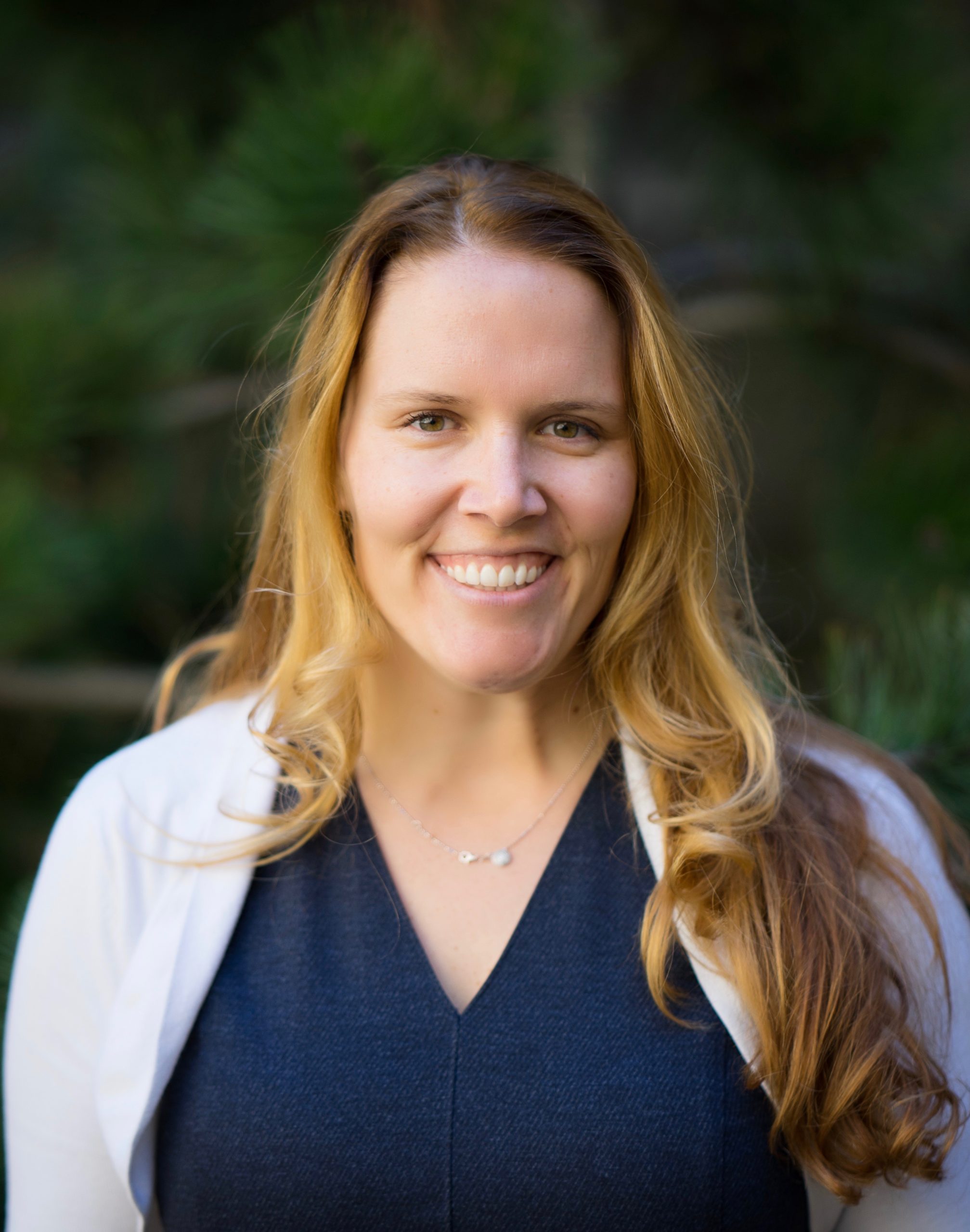Vanderbilt Divinity Alumni serve in churches, organizations, and institutions across the country and around the world. Some, however, choose after they graduate to make a transformative impact right here on campus. This series features VDS alumni who work at Vanderbilt, showing the range of work a theological education can prepare one to do. We hope you’ll enjoy getting to meet them!
 Nancy Hawthorne Parker, MDiv ’13
Nancy Hawthorne Parker, MDiv ’13
United Methodist Affiliated Chaplain / Wesley Fellowship
How is your work at Vanderbilt shaped by having pursued a theological education?
Theological education plays into most of what I do allowing me to help students explore their own faith formation and questions. I see my role as equipping and inspiring students to live their faith so that they can share and lead others. For this work, my best experiences were with Vanderbilt Divinity School’s Religion and the Arts in Contemporary Culture. The music and poetry events, art galleries, certificate coursework, and conversations in which I engaged through this program helped widen my understanding of spiritual practice, strengthen my love of expressing my faith through art, and build on ideas of how we are spiritual formed through beauty and creativity. While not every student on campus resonates deeply with poetry or a piece of visual art, this training helps me to explore their questions with them and inspire them to find a way to express that journey.
In what ways did your time at VDS prepared you to become a pastor?
During my MDiv curriculum at VDS in Field Education coursework, we spent a lot of time discussing our theological tools. The discussion usually begins highlighting the problematic nature of using the hammer as a primary tool. When we bang, bang, bang, our ideologies, despite good intentions, we can do more harm than good. Yet, if the hammer is deconstructed from my hands and then I am given a belt full of nails and a charge to build a house, I am overwhelmed with inadequacy and the colossal task. Thankfully, there was opportunity in the MDiv curriculum for me to reconstruct my theological tools through the Religion and the Arts in Contemporary Culture coursework and events by exploring the many tools within the Christian tradition, as well as create and imagine new tools to do ministry. The task is no less colossal, but using the creative process, visual art, performing art, improvisation, and imagination my colleagues and I became theologians who can lead a whole community to build together.